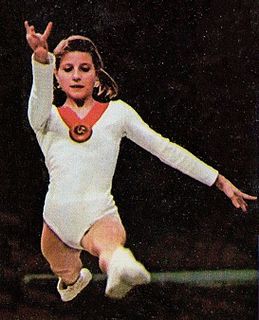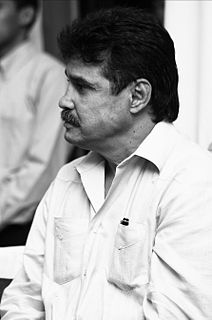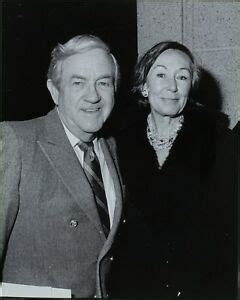A Quote by Jello Biafra
I'm appalled at how many people my age, or even five or ten years younger, have no tangible memories of important history that happened when we were growing up.
Related Quotes
Memoirs have dominated the literary scene now for ten or 20 or even 30 years: most of them seem to use the conventions of fiction and it's astonishing how in so many of these books people seem to be able to remember conversations that took place when they were five years old and give three pages of coherent dialogue, which is utterly impossible.
The mediocre mind has no capacity for understanding. It is stuck somewhere near thirteen years in its mental age, or even below it. The person may be forty, fifty, seventy years old - that does not matter, that is the physical age. He has been growing old, but he has not been growing up. You should note the distinction. Growing old, every animal does. Growing up, only a few human beings manage.
It's an ethical pact I've made with myself and with the reader - not to invent. And when I can't remember, I say I can't remember. I'm just appalled by the memoirs published by people who regurgitate dialogue, conversations from when they were small children, and they go on for three or four pages. I can't even remember what we said to each other ten minutes ago! How can I remember what was said sixty years ago? It's not possible.
My book, Oral History: Understanding Qualitative Research is about how researchers use this method and how to write up their oral history projects so that audiences can read them. It's important that researchers have many different tools available to study people's lives and the cultures we live in. I think oral history is a most needed and uniquely important strategy.
My mother says that my father truly enjoyed having a son. My two-years-younger twin sisters felt that he didn't quite know how to enjoy them. But I wasn't aware of those things then. So many of my childhood memories involve him. All the excursions into science were shaped by his knowledge and enthusiasm.



































